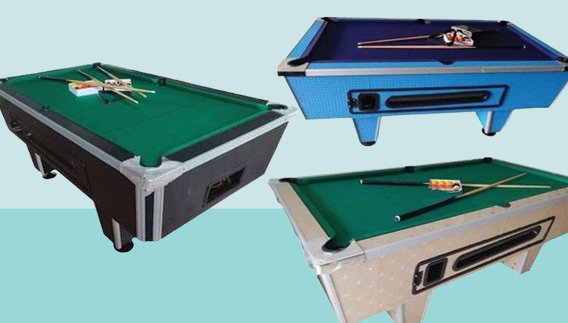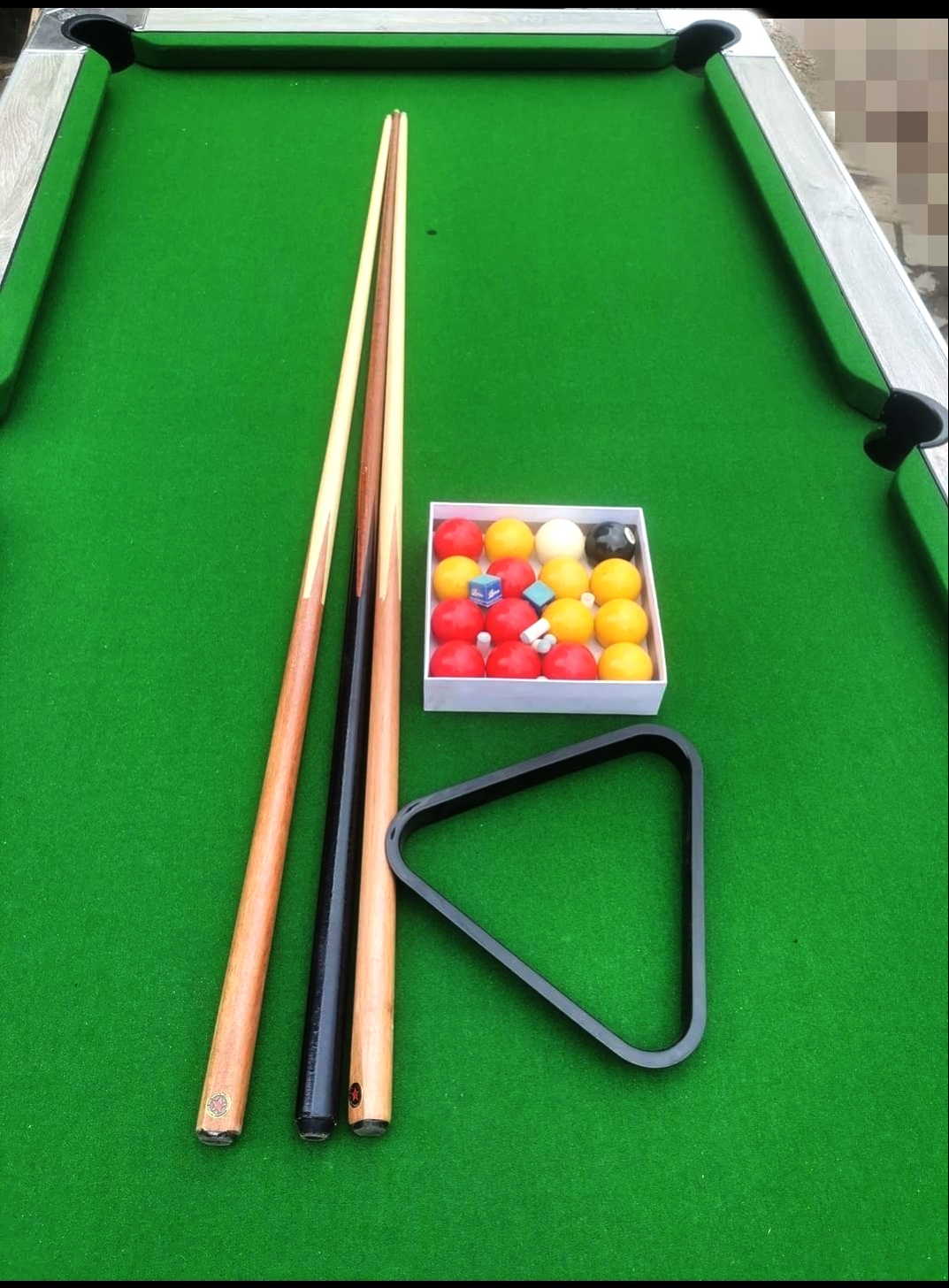The profitability of a pool table business in Kampala Uganda can vary based on several factors, including location, target market, and operational efficiency. Here’s a general overview:
- Market Demand: Pool table is a popular recreational activity, and in Uganda, urban areas with a young population might have a higher demand for pool tables. Places like Kampala and other urban areas could present better opportunities compared to more rural areas.
- Cost of Entry: Initial costs include purchasing or leasing space, buying pool tables, and possibly renovating the space. Pool tables themselves can be a significant investment, but there are options for both new and used tables that might affect the startup cost.
- Revenue Streams: Revenue can come from multiple sources such as table rentals, entry fees, food and drinks sales, and events or tournaments. Different income streams can improve profitability.
- Competition: Assessing the level of competition in your local area is important . In areas with many existing pool tables or recreational spots, differentiating your business through unique offerings and good service can help beat the competition.
- Operating Costs: Regular expenses include maintenance of the tables, rent, utilities, staff salaries, and inventory for food and drinks if applicable. Managing these costs effectively is key to maintaining profitability.
- Local Economy and Demographics: The economic activities and demographics of the area can impact profitability. Higher disposable incomes and a young, active population may contribute to higher profits.
- Regulations and Licensing: Ensuring compliance with local regulations, including business licenses and health and safety standards, is essential to operate smoothly.
Overall, if managed well and positioned in the right area, a pool table business in Uganda has the potential to be profitable. Conducting thorough market research and developing a solid business plan tailored to the local context will enhance your chances of success.




